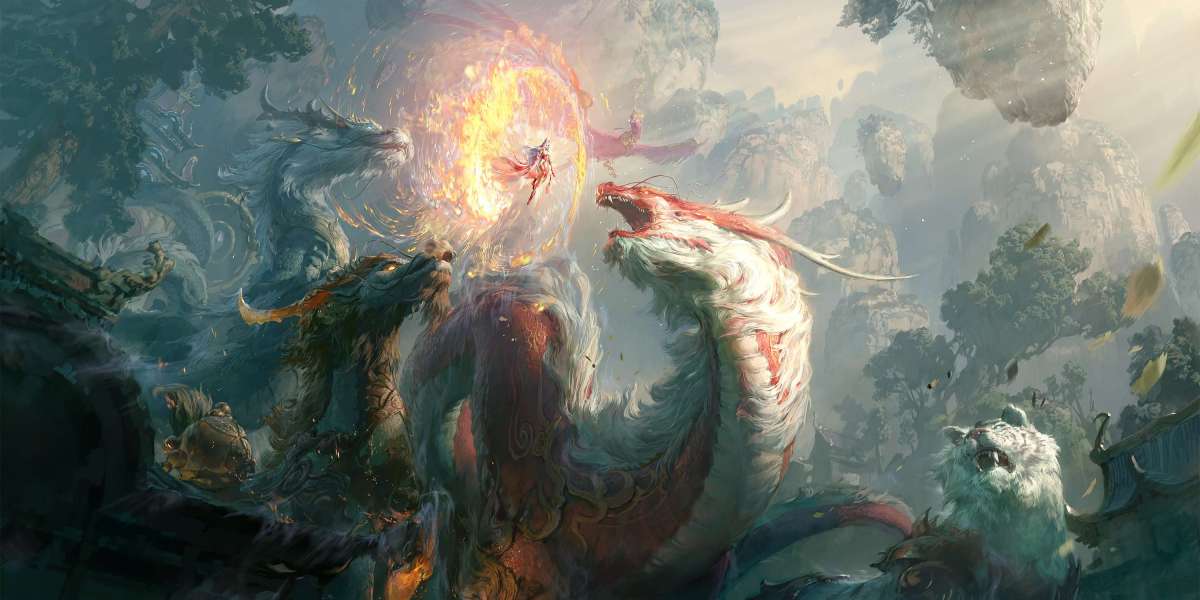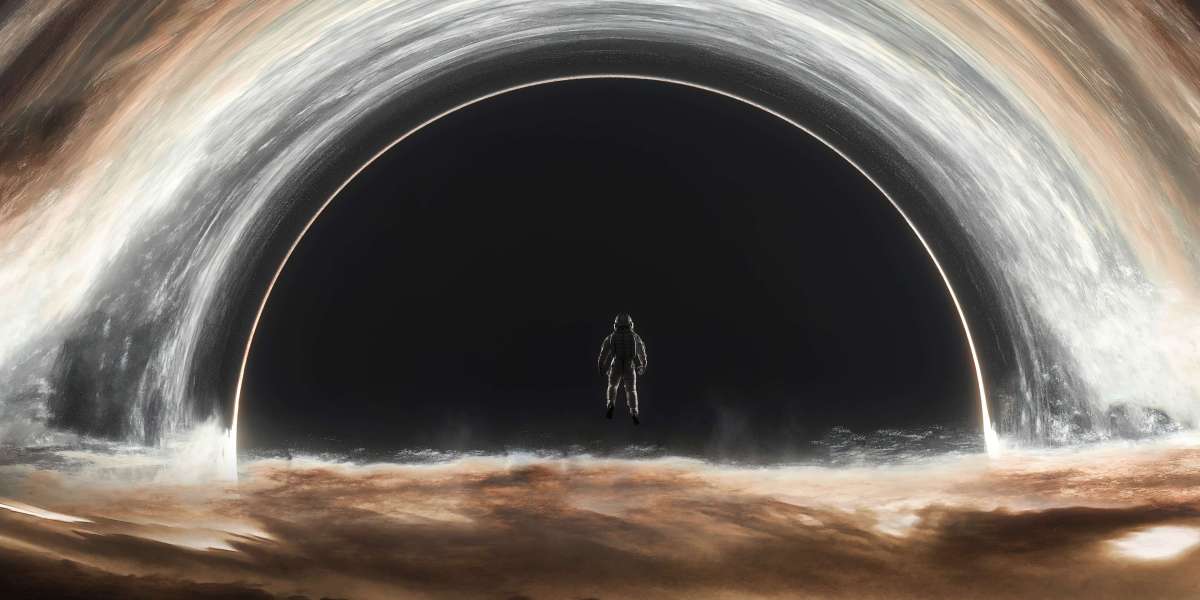Sputnik chandeliers are not just lighting fixtures; they are iconic pieces of art that encapsulate a unique blend of history, design, and innovation. Originating in the mid-20th century, these stunning fixtures have evolved significantly, reflecting changes in design trends and consumer preferences. In this article, we will delve into the fascinating journey of sputnik chandeliers, exploring their origins, design characteristics, and contemporary adaptations.

Origins of Sputnik Chandeliers
The term "sputnik" is derived from the Russian word for "satellite," famously associated with the launch of the first artificial satellite in 1957. This event sparked a wave of fascination with space exploration, which heavily influenced design aesthetics during the mid-century modern era. Sputnik chandeliers emerged as a response to this cultural phenomenon, characterized by their starburst shapes and multiple arms extending outward, reminiscent of the satellite's design.
Design Characteristics
What makes sputnik chandeliers so distinctive? Their design typically features:
- Multiple elongated arms radiating from a central hub
- Varied materials, including metal, glass, and acrylic
- Bold colors and finishes, often in gold, chrome, or black
- Light bulbs positioned at the end of each arm, creating a dramatic lighting effect
These elements combine to create a striking visual impact, making them a popular choice for both residential and commercial spaces.
The Mid-Century Modern Influence
During the mid-century modern period, sputnik chandeliers became synonymous with modernist design. They were often featured in homes, offices, and public spaces, symbolizing innovation and forward-thinking. Designers like George Nelson and Gino Sarfatti contributed to the popularity of these fixtures, showcasing them in various exhibitions and publications. Their influence helped solidify the sputnik chandelier as a staple of modern design.
Contemporary Adaptations
As design trends evolved, so did the sputnik chandelier. Today, these fixtures are available in a myriad of styles, sizes, and finishes, catering to diverse tastes. Contemporary designers have reimagined the classic design, incorporating elements such as:
- Minimalist aesthetics with cleaner lines
- Mixed materials, combining wood and metal
- Energy-efficient LED bulbs
- Customizable configurations for unique spaces
This adaptability ensures that sputnik chandeliers remain relevant in modern interiors, appealing to both traditional and contemporary design sensibilities.
Conclusion
In conclusion, the journey of sputnik chandeliers from their mid-century modern roots to their contemporary iterations is a testament to their enduring appeal. These fixtures not only illuminate spaces but also serve as conversation starters, reflecting a rich history of design innovation. Whether you are looking to add a touch of vintage charm or modern elegance to your home, a sputnik chandelier is a timeless choice that can elevate any interior.








